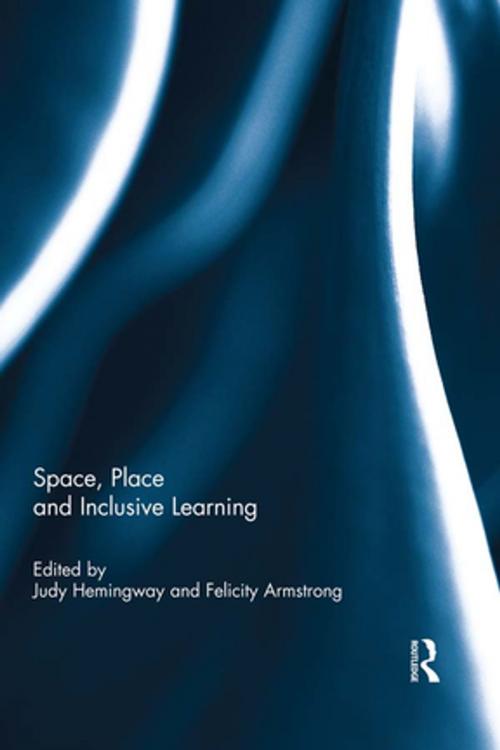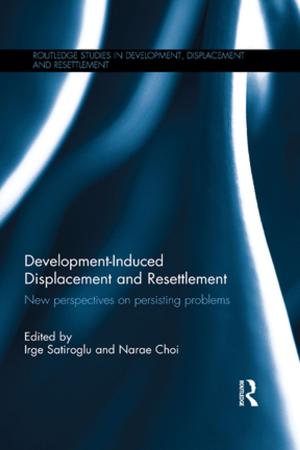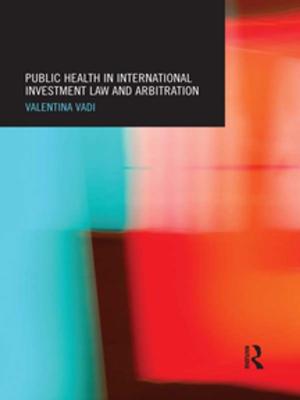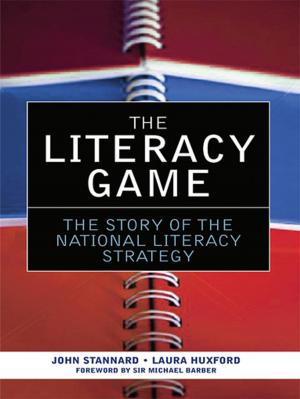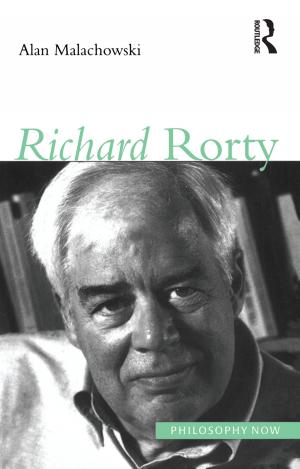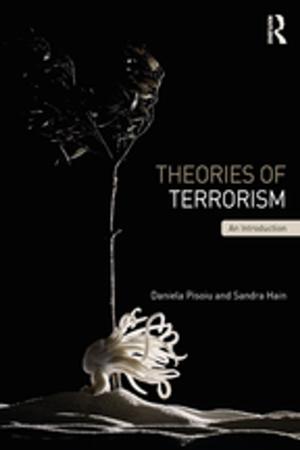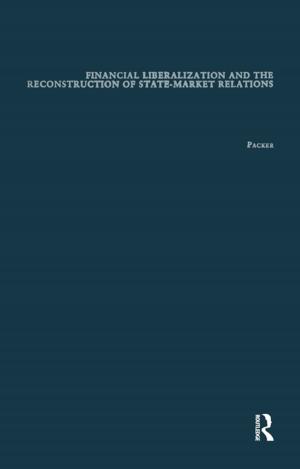Space, Place and Inclusive Learning
Nonfiction, Reference & Language, Education & Teaching, Educational Theory, Educational Reform| Author: | ISBN: | 9781134915484 | |
| Publisher: | Taylor and Francis | Publication: | April 8, 2016 |
| Imprint: | Routledge | Language: | English |
| Author: | |
| ISBN: | 9781134915484 |
| Publisher: | Taylor and Francis |
| Publication: | April 8, 2016 |
| Imprint: | Routledge |
| Language: | English |
This collection explores ways in which theories of space and place can be used in understanding processes of exclusion and inclusion in education. The contributions foreground how the ‘spatial turn’ and geographical knowledges can inform:
- debates on the relationships between learning, space and place
- understandings of the ways in which space and place affect education and learning
- ‘familiar’ research agendas through the application of conceptual perspectives from different disciplines
The ten chapters which make up this book are by contributors from Australia, Italy and the United Kingdom who draw, in very different ways, on spatial theory as a means of exploring processes of inclusion and exclusion in education. Each one of the authors not only seeks to challenge growing orthodoxies in their respective field but is interested in cross-disciplinarity and spatial theory in education.
This book provides key readings for experienced and beginning teachers studying for bachelors, masters and research degrees or professional qualifications. It will be particularly useful to equality and diversity post-holders, lecturers, researchers and policy makers working in all education establishments which take issues of inclusion seriously. The international content of the diverse papers in Space, Place and Inclusive Learning will be of interest not only to those practising in the United Kingdom but to educationists working in other countries who seek to understand how space and place modulate opportunities for inclusion.
This book was originally published as a special issue of the International Journal of Inclusive Education.
This collection explores ways in which theories of space and place can be used in understanding processes of exclusion and inclusion in education. The contributions foreground how the ‘spatial turn’ and geographical knowledges can inform:
- debates on the relationships between learning, space and place
- understandings of the ways in which space and place affect education and learning
- ‘familiar’ research agendas through the application of conceptual perspectives from different disciplines
The ten chapters which make up this book are by contributors from Australia, Italy and the United Kingdom who draw, in very different ways, on spatial theory as a means of exploring processes of inclusion and exclusion in education. Each one of the authors not only seeks to challenge growing orthodoxies in their respective field but is interested in cross-disciplinarity and spatial theory in education.
This book provides key readings for experienced and beginning teachers studying for bachelors, masters and research degrees or professional qualifications. It will be particularly useful to equality and diversity post-holders, lecturers, researchers and policy makers working in all education establishments which take issues of inclusion seriously. The international content of the diverse papers in Space, Place and Inclusive Learning will be of interest not only to those practising in the United Kingdom but to educationists working in other countries who seek to understand how space and place modulate opportunities for inclusion.
This book was originally published as a special issue of the International Journal of Inclusive Education.
